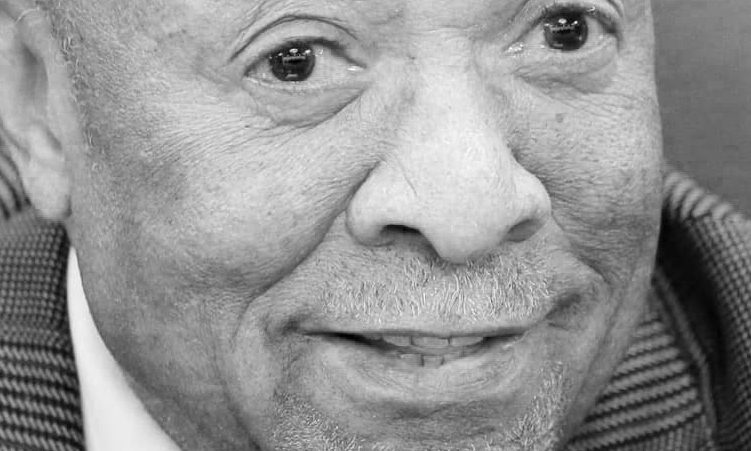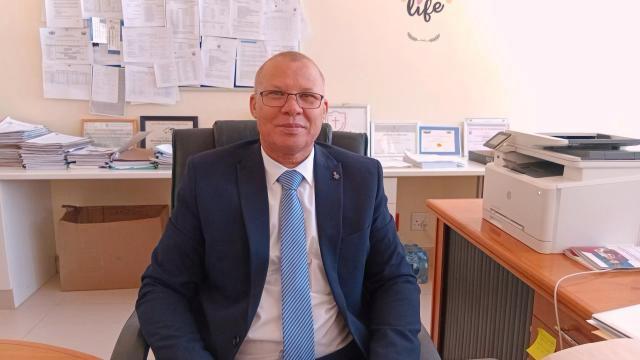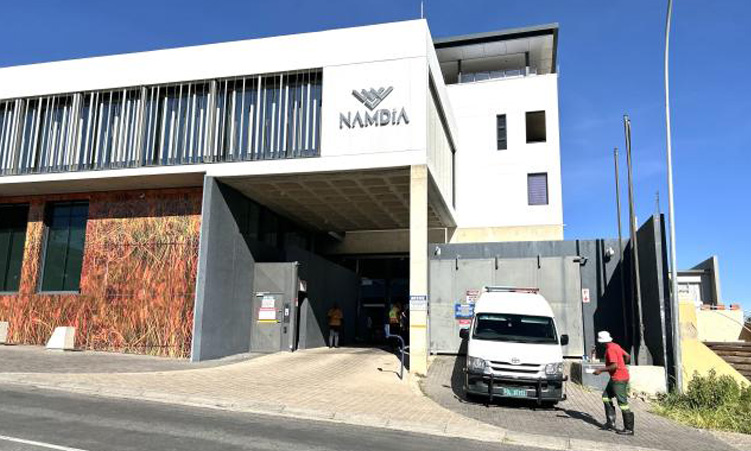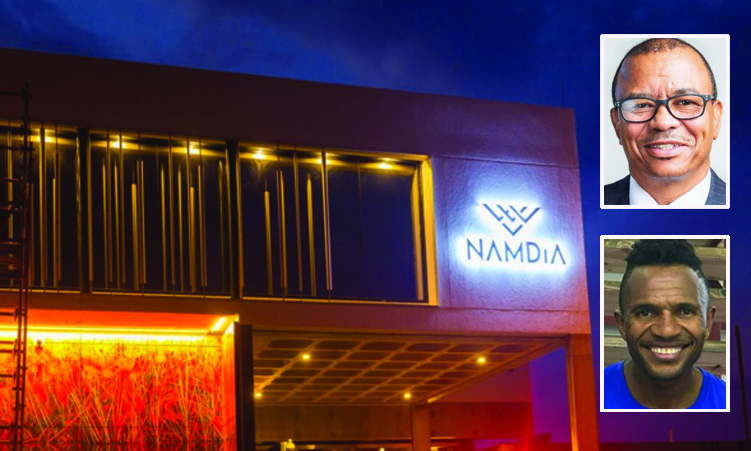By actions and words, president Nangolo Mbumba has been fuelling criticism that he should not be regarded as a substantive head of state.
On several occasions, Mbumba has made it clear he was merely occupying the post to complete the term of the late president Hage Geingob, who died six months ago on 4 February.
His remarks seem to suggest that voters should not expect him to do much more than clearing the desk of the tasks Geingob left hanging when he died with a year remaining of his five-year term.
Alas, such remarks create the impression of a hitchhiker who had no choice but to steer the vehicle to a pre-set destination with no input of his own.
For the first four months, Mbumba has spent a lot of time travelling, apparently ‘introducing’ himself to foreign leaders and Namibia’s tribal authorities.
In May, he used a fertiliser and soil meeting in Kenya to make his first address to African Union heads of government.
As if the travelling and its lavish S&Ts was not enough, Mbumba last weekend continued to show he was more interested in pomp and ceremony than tackling the tough conditions most Namibians face.
The Presidency used Geingob’s 3 August birthday to correct a protocol item missed when Mbumba was sworn in as president of the Republic of Namibia on 4 February.
Former president Hifikepunye Pohamba was called out of retirement to do a ‘handover’ of the green and yellow presidential sash, called the Order of the Most Ancient Welwitschia Mirabilis. The sash is the bureaucratic symbol for the highest government and state authority.
In what can also be viewed as insensitive self-congratulation and an amassing of honours by the ruling elite, Mbumba renamed the Hosea Kutako International Airport road, the Dr Hage Geingob Freeway.
Kutako, as the Herero chief, was credited with leading the petitioning to the United Nations for the colony of South West Africa (later Namibia) to become an independent country.
That Mbumba seems lost speaks volumes about the position of vice president and the need for it to be clarified. The Namibian Constitution is clear: The state president is elected.
The appointment of the vice president is not in sync with the mandate of voters as the identity of the deputy does not feature during elections.
Lawmakers should urgently clear up this dilemma so that in future no one in such a crucial position believes he or she is a mere placeholder whose refrain is “ek het net saamgekom”.
Stay informed with The Namibian – your source for credible journalism. Get in-depth reporting and opinions for
only N$85 a month. Invest in journalism, invest in democracy –
Subscribe Now!









